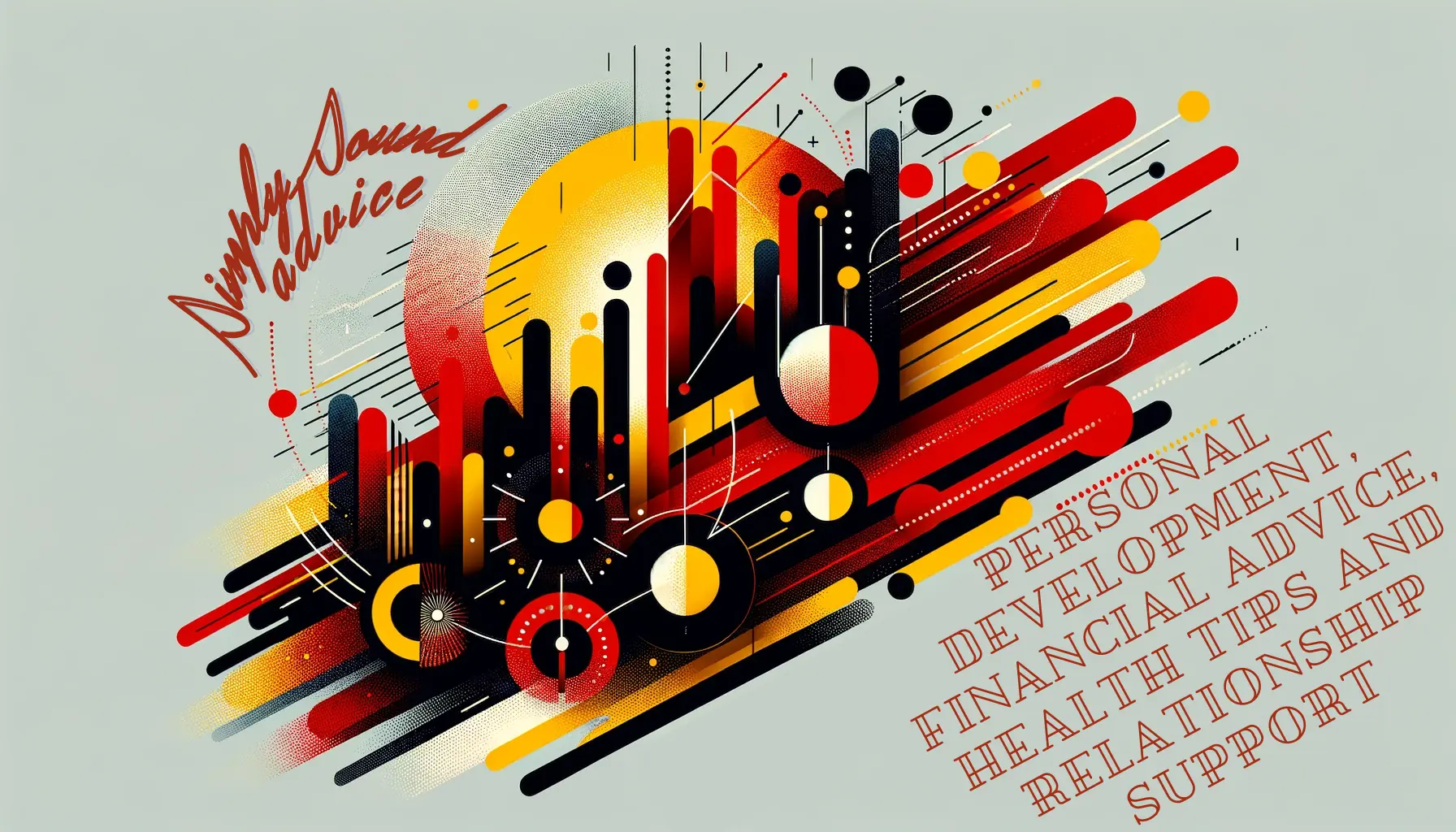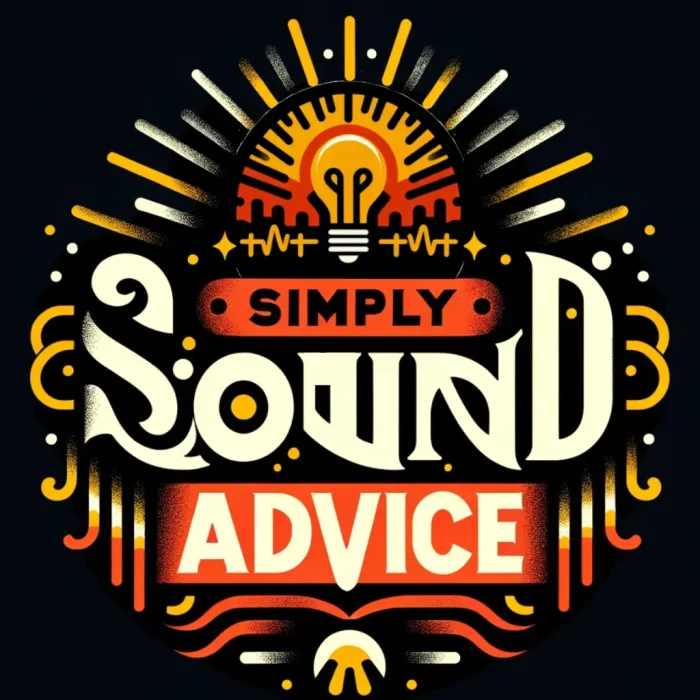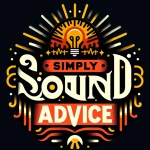- Unmasking the Hidden Dangers: Navigating the Perils of Excessive Sodium Consumption
- The Flavorful Deception of Salt
- Unveiling the Health Perils
- The Hidden Culprits of Sodium
- The Impact on Your Body
- The Path Forward
- Q&A: Understanding Excessive Sodium Consumption
- Conclusion: Navigating the Salty Seas
Unmasking the Hidden Dangers: Navigating the Perils of Excessive Sodium Consumption
Salt, the culinary magician that elevates taste and preserves freshness, has long graced our tables. Yet, behind its enchanting flavor lies a potential threat to our health. As we explore the labyrinth of sodium intake, join us on a journey to uncover the consequences of excessive salt consumption and unearth alternative pathways to flavor and wellness.
The Flavorful Deception of Salt
The Tempting Allure of Salt
The Culinary Enchanter
Salt’s ability to dance upon our taste buds, enhancing flavors and bestowing texture, is a marvel. It’s not just a seasoning; it’s an alchemical transformation that makes dishes irresistible. Yet, the enchantment comes with a caveat – excessive salt intake can cast a shadow on our health, giving rise to an array of afflictions, including high blood pressure, heart disease, and strokes.

Unveiling the Health Perils
When Magic Turns Menacing
Delving deeper, we uncover the repercussions of sodium overindulgence. The salt often used – table salt, composed of sodium and chloride – holds an essential role in our bodily processes. Yet, today’s diets often inundate us with sodium, far surpassing our body’s true needs. This surfeit can trigger water retention, blood pressure spikes, and heart complications, sounding a clarion call for moderation.
The Hidden Culprits of Sodium
The Covert Agents of Salt
Beware the Sneaky Names
Unraveling the world of hidden sodium, we confront the labyrinth of food labeling. More than 25 ingredients can cloak sodium’s presence, camouflaging its potential harm. The nomenclature varies from sodium chloride to monosodium glutamate (MSG), casting an intricate web that demands vigilance. Even unsuspecting foods, like bread, cereals, and canned soups, can harbor stealthy sodium levels, emphasizing the need for discernment.
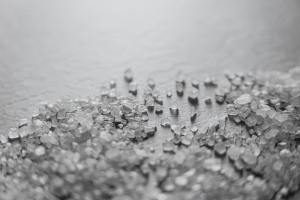
The Impact on Your Body
Unveiling the Body’s Sodium Needs
The Delicate Sodium Balance
Understanding the body’s sodium requirement unravels a delicate dance. While sodium is essential for nerve impulses and muscle function, the ideal intake hovers around a mere teaspoon – roughly 2,000 milligrams – a day. Despite this, sodium overconsumption is rampant. For most Americans, the recommended intake is up to 2,300 milligrams, but the American Heart Association advocates for a lower cap of 1,500 milligrams per day.
The Unveiling of Health Consequences
Unleashing the Floodgates
Excess sodium’s repercussions are profound. High blood pressure, a silent menace, stands as its most prevalent consequence. As sodium enters the bloodstream, it triggers water retention, raising blood volume and exerting pressure on arteries. This cascade culminates in elevated blood pressure, sowing the seeds of heart disease, stroke, and other cardiovascular calamities.
Unmasking Immediate Effects
The Aftermath of a Salt Deluge
Venturing into the immediate aftermath of sodium excess, we confront a realm of discomfort. Bloating, puffy extremities, and fluid shifts manifest, signaling the body’s struggle to cope.
Research reveals a link between salt and weight gain, with a direct correlation between high sodium diets and increased body fat. This revelation amplifies the urgency of restraint in sodium consumption.

The Cognitive Connection
A Mind-Bending Revelation
Diving into the realm of cognition, we unravel the surprising link between sodium and cognitive health. While dementia’s intricacies remain a puzzle, studies spotlight a potential tie between high-salt diets and dementia risk.
A diet rich in sodium emerges as a catalyst for inflammation in the brain, setting the stage for neurodegenerative disorders like Alzheimer’s.
The Path Forward
Crafting a Salt-Conscious Diet
Steering Clear of Hidden Snares
Embarking on a journey towards reduced sodium consumption, we unveil the guiding light of fresh ingredients. By sidestepping high-sodium prepared foods and embracing homemade meals, we gain a foothold in health-conscious choices. Scrutinizing labels for sodium content below 10% of the Daily Value empowers us to reclaim control over our diet’s salt content.
Embracing the Balance
Harmony of Sodium and Potassium
Reveling in the power of balance, we usher potassium to the forefront. The natural antidote to sodium’s excess, potassium offers a shield against sodium-induced maladies. Orchestrating a diet rich in potassium-rich sources like oranges, tomatoes, yogurt, and fish, we create an equilibrium that fosters heart health, blood pressure regulation, and efficient fluid balance.
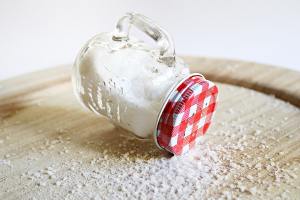
Q&A: Understanding Excessive Sodium Consumption
Q1: What are the primary health risks associated with high sodium intake?
A1: The main risks include high blood pressure, heart disease, strokes, and potential kidney damage. Additionally, a high sodium diet may contribute to osteoporosis, as excess sodium can cause calcium loss from bones.
Q2: How does sodium affect blood pressure?
A2: Sodium causes the body to retain water, increasing blood volume. This extra volume puts more pressure on blood vessel walls, leading to higher blood pressure, a key risk factor for heart disease and stroke.
Q3: Are there any immediate symptoms of excessive sodium consumption?
A3: Yes, symptoms like bloating, puffiness, and swelling in the extremities are common. Some individuals may also experience headaches and increased thirst.
Q4: Can reducing sodium intake improve health?
A4: Absolutely. Decreasing sodium intake can lower blood pressure, reduce the risk of heart disease and stroke, and improve overall cardiovascular health.
Q5: What foods are unexpectedly high in sodium?
A5: Foods like bread, cheese, certain cereals, and even some sweet snacks can contain hidden sodium. Processed and canned foods are also significant sources.
Q6: How much sodium is recommended per day?
A6: The American Heart Association recommends no more than 1,500 milligrams per day for most adults. However, the general guideline is up to 2,300 milligrams per day.
Q7: Are there any groups particularly sensitive to sodium?
A7: Yes, individuals with hypertension, diabetes, chronic kidney disease, and those over the age of 50 may be more sensitive to the effects of sodium and should aim for lower intake levels.
Q8: Can high sodium intake affect cognitive function?
A8: Emerging research suggests a link between high sodium diets and an increased risk of cognitive decline, including conditions like dementia and Alzheimer’s disease.
Q9: What are some effective strategies to reduce sodium intake?
A9: Key strategies include cooking meals at home using fresh ingredients, reading food labels carefully, choosing low-sodium options, and increasing the intake of potassium-rich foods to counteract sodium’s effects.
Q10: Is sea salt healthier than table salt?
A10: While sea salt may contain trace minerals absent in table salt, the sodium content is similar. The key to health is managing overall sodium intake, regardless of the salt type.
In conclusion, while salt is a fundamental element in our diets and culinary practices, its excessive consumption poses significant health risks. By understanding these dangers and making informed dietary choices, we can enjoy the flavors of our meals without compromising our health. Let’s embrace this knowledge and embark on a journey towards a balanced and healthier lifestyle.
Conclusion: Navigating the Salty Seas
In the culinary tapestry of salt, a nuanced narrative emerges – one of allure, excess, and wellness. As we tread the salty seas, let us wield knowledge as our compass.
By understanding sodium’s impact, unveiling hidden sodium sources, and embracing balanced alternatives, we embark on a journey towards a healthier, more vibrant life. Remember, the flavor of life can be savored without surrendering to the perils of sodium excess.
Join in the Conversation at Simply Sound Society our Social Media Platform and Forum!
Disclaimer: While this exploration highlights the nuances of sodium consumption, personalized medical advice remains paramount. Seek guidance from qualified healthcare professionals for tailored insights. The journey towards wellness demands informed choices, ensuring our decisions are fortified with accurate and specialized knowledge.

Do not forget to check out all of our exciting free tools! Calculators, quizzes and downloadable checklists all for free.
- Entitlement and How It Could Be Wrecking Your Happiness
- Exploring Healthy Fast-Food in 2024: The Surprising Truth
- Electrifying Fitness: Can Ab Stimulators Sculpt a Six-Pack Dream?
- Home Remedies for Stress and Anxiety Relief: A Natural Path to Calmness
- Unlocking the Power of All-Natural Cold and Flu Remedies
